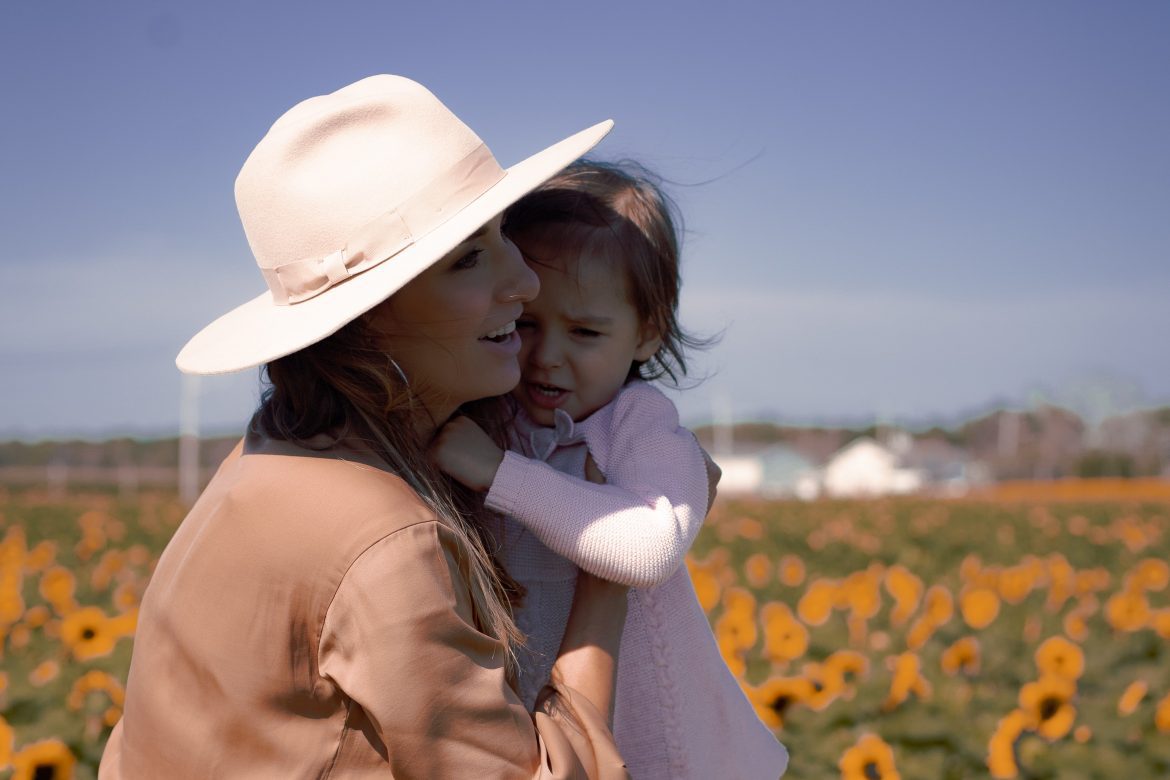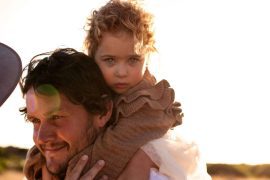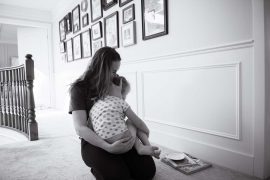By Lelia Schott
“The broken become masters at mending.” Mike Murdock
Everybody has experienced a level of trauma. As I go about my day, I try and remember that trauma impacts our lives. I aspire to treat myself and others with this in mind.
Trauma-informed care means treating a whole person taking into account past trauma and the resulting coping mechanisms.
We live in a society where parents are stressed and desperately trying to hold down jobs, relationships, and parent their children.
Adults are encouraged to punish and reward children as a means of controlling them. This is familiar and therefore most parents find it more convenient than learning how to parent through connection.
These parents are not bad and they love their children very much: they are unconsciously repeating power patterns that society accepts as normal.
Our inner child is the pain part of us we’ve carried since childhood. It’s the lens of how we perceive the world and the people in it.
As adults we have an opportunity to rehabilitate ourselves. Without reclaiming our sovereignty, we’re chained to our past. Lost in a cycle we didn’t create.
We’ll carry our pain into every situation we enter. We’ll hurt other people. We hurt ourselves.
People often don’t even realise they are in an abusive relationship or that their behaviour is hurting themself or others.
If you’ve been raised with dysfunctional power patterns, you may be conditioned to see pain intentionally inflicted as love or discipline.
Adverse childhood experiences and post-traumatic stress impact every area of a person’s functioning, including physical, mental, behavioural, and social.
Many families appear functional but they have insidious dysfunctional power patterns where a dependent may become addicted to the hormonal roller coaster of cortisol and dopamine inflicted upon them as a means of controlling their behaviour or even their beliefs.
The dependent may be terrified of losing the connection and attention of their abuser, irrespective of whether it is positive or negative.
The only way to break the bond is through healing and the only way to stop the trauma response is to help that inner child.
My Personal Restoration
I struggled for years to recover.
Even after removing the abuser/s from our lives, I continued to parent out of trauma and fear.
I work daily on my inner healing and my persistence has paid off.
I have made progress. The results have been life-changing for everyone in my family.
When my children push my boundaries or disrespect me, I can stay calm and respond from my adult self. I am able to calm my inner child while helping the child in front of me calm down.
When other adults push my boundaries or disrespect me, I no longer betray or sacrifice myself.
I make mistakes all the time and am willing to learn and do better. I can allow myself the freedom to be human because my perfection is no longer necessary for my security.
I am learning to trust my intuition and identify trauma patterns.
Intuition feels liberating, gut-centered, instinctive, focuses on the present, and is neutral and expansive.
Trauma feels heavy, anxious, fear-driven, focuses on past or future, and is emotionally charged and restrictive.
When we attempt to understand behaviours and give ourselves and others a safe, compassionate space to share thoughts and feelings, we encourage the journey of rehabilitation. We are strengthened through gentleness: compassion and understanding.











